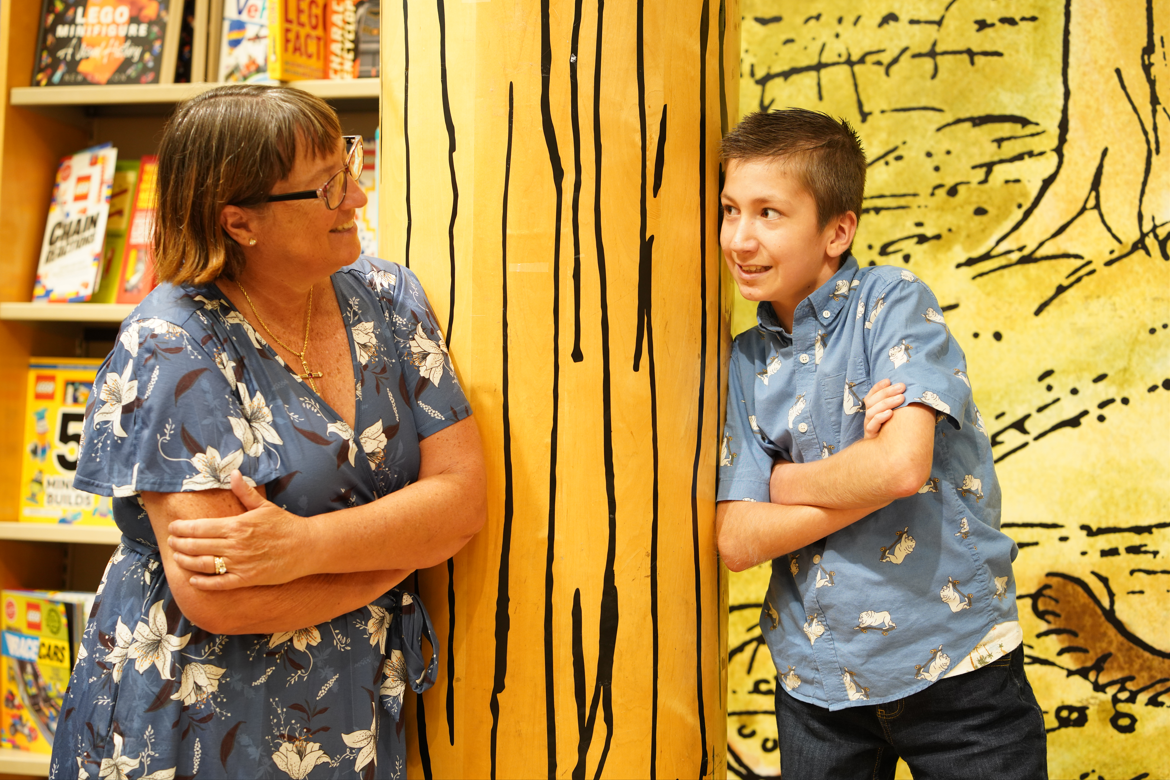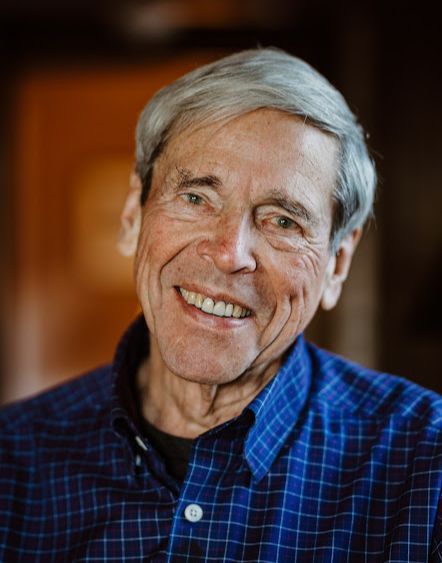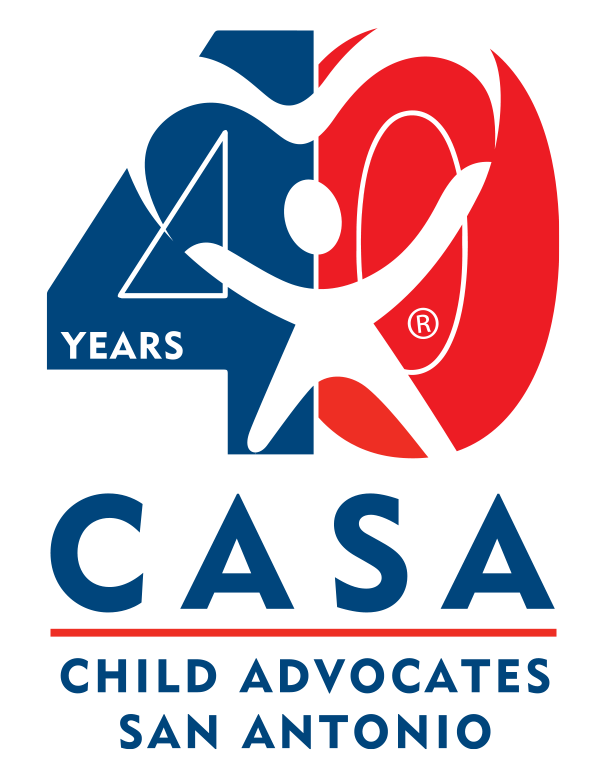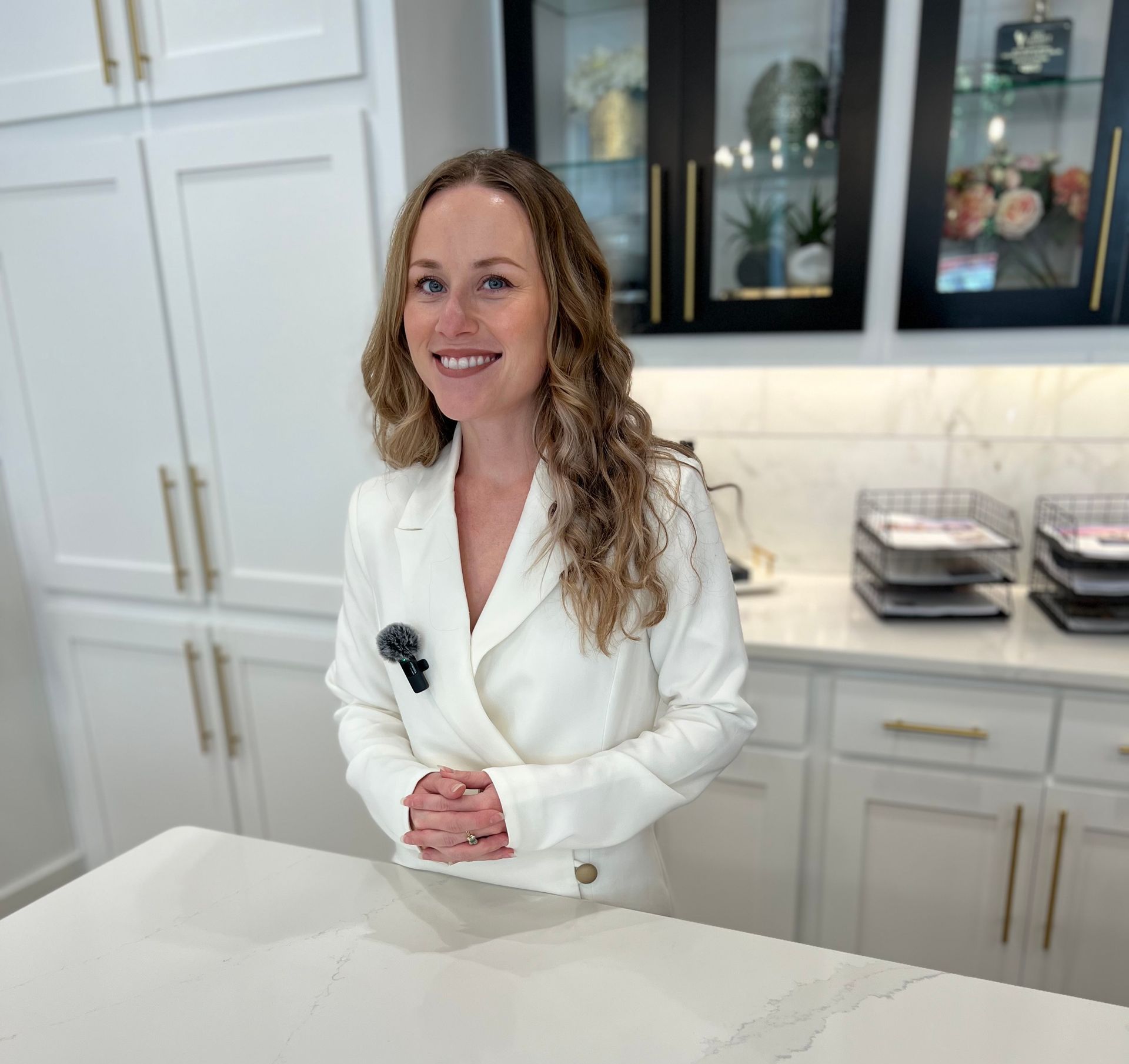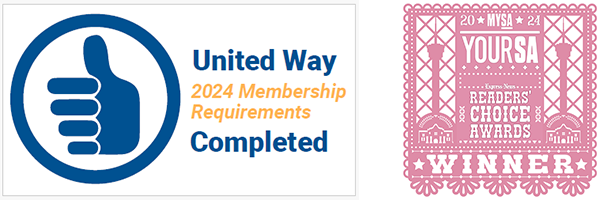We recently held our inaugural all-day training summit for CASA volunteer advocates. During this event, advocates attended seminars that addressed critical topics relevant to their cases, providing valuable insights and enhancing their skills.
One of the speakers the group got to hear from was one of their fellow advocates, Joan Ulsher. Joan describes herself as a passionate and fierce child advocate, fulfilling her purpose-filled life of serving children who have experienced abuse and neglect as a volunteer Court Appointed Special Advocate or CASA. Her “lived experiences” and complicated past paved the way for her to become a child advocate. The journey was not easy, and through sharing her “misplaced childhood” story, she seeks to empower youth with a past like hers to find resiliency and discover their voice. She also seeks to inspire all people with a heart for hurting children trapped in the child welfare system to answer her call to action and join the ranks of the volunteer CASA/GAL movement nationwide. Kids are the future of our community, and they are in crisis now.
In the past year, Joan released her book, Misplaced Childhood, and was honored with the 40th Annual Texas Governor's Volunteer of the Year Award. She has dedicated her time to numerous interviews and speaking engagements, sharing her story and emphasizing the need for more CASA advocates. We are continuously grateful for her dedication and the donation of profits from her book sales to support the CASA mission and attract more volunteers to help the children who need us.
To learn more about Joan and her book, visit
www.joanulsher.com.
Her moving speech can be found below and exemplifies the difference a CASA advocate can make.
Written By Joan Ulsher
Bang, bang, bang.
The sound of pounding on the outside storm door resonated within my home. It got everyone’s attention. The year could’ve been 1976, or 1980 or even 1982. It didn’t matter, this was my normal. I do remember several vivid and terrifying incidents of domestic violence and abuse as early as the third grade. Many other memories are functionally misplaced- erased.
It’s my misplaced childhood.
My mom always made Joey and me accompany her to the foyer. She would place one hand on my shoulder and the other on Joey’s arm after answering the door. The pressure from her nails would dig deep into my shoulder, leaving bruises and cutting my flesh. My bruises were not usually visible, but Joey always had an array of cuts and bruises on display on his biceps. The newer purple and red marks blended with fading brown and yellow bruises. This was most obvious in the summer when he wore sleeveless shirts. The bruise and abrasion patterns varied and repeated all year long.
“Nothing is going on. It must be some misunderstanding,” Mom would lie to the authorities.
Joey and I always quickly recanted and followed her lead. “Yes, sir, everything is fine,” we would mumble, nodding to affirm the sham.
I would remain rigid and concentrate on not wincing despite my mother’s firm grasp on my shoulder. The pain would pulsate into my neck and down my right arm. Pursing my lips concealed my pain and maintained the façade. We were scared. Joey’s eyes did not hide his fear. The vacant stare and wide-open appearance of his eyes I knew always mirrored mine. This was unconscious and would go unnoticed by the police officers or investigators.
They left every time.
When the coast was clear, my mother would release her grip on us and slap Joey. He stopped pulling away when he saw the hits coming long ago. The blow always landed hard. Hearing the slap from her hand on his face made me shudder as if I felt the sting myself. My brother and I shared the pain.
“You are a liar. You did this. I wish you were never born,” she would yell at him.
The day or evening abuse continued. We had turned away help from the authorities out of fear. The near-miss from abuse being detected in our home never persuaded my parents to change their ways. It is hard to believe how many times this scenario played out month after month as I reflect today. For five to seven years, we sought police protection regularly.
The chance or chances for a full-blown intervention failed. Joey and I failed by recanting. But, really, what could we do? We were just kids. In 1976, CASA did not exist anywhere in the country.
So, what if every child in foster care had a CASA advocate to speak up and advocate for them?
Could we make a meaningful difference in our community, the state, or even the nation?
Today, 391,000 children are in foster care in America. Thousands of these kids are right here in Bexar County. Not every child in foster care is assigned a volunteer advocate. In Bexar County, we know the shortage means that as advocates we will be assigned the worst or most pressing cases. Other children will be underserved, unheard, and possibly alone in the process.
I know that experience.
Volunteerism is on decline. Why? The pandemic. Aging. Inflation costs. A rise in single-parent households. Rising debt. A drop in religious participation. Distrust in community organizations. Inflexible schedules. Others?
Would you be surprised to learn that less than 23% of adults in the country volunteer formally? We can do better. But how, if you are already part of the solution as an advocate? Have you considered if you are you doing everything you could be doing to make a difference?
Advocates - You are here. You are volunteering. You are doing your part, but I will challenge you to think differently.
In 1902, Poet Edward Everett Hale once wrote:
“I am only one, but still I am one. I cannot do everything, but still I can do something; and because I cannot do everything, I will not refuse to do the something that I can do.”
Ding-dong.
One day, the doorbell rang. This took me by total surprise. Something was different. We were older. I was about 15yo. Joey was 16 going on 17. A pair of CPS investigators appeared at the house.
Neither Joey nor I had alerted the authorities this time.
There we stood, shoulder to shoulder, again in the foyer. Joey and I were stoic, not flinching from the wounds inflicted by my mom’s nails and grip. How was this not recognized by the investigators? The man and woman were strangers and unfamiliar from previous encounters at our house. The man spoke directly to my mother. “There’s been a report made to social services about children in this home.”
My mother did not reply and squeezed my shoulder harder. “The report concerns Joan,” the man added while appearing to confirm with a glance down at his clipboard. The woman smiled at me and bent down closer to my level. “Is that you, sweetie? Are you Joan?” I had been outed! My memory blanked, but I remember Joey pleading, “Tell her, Joan. Tell her, Joan.”
We had talked previously of going to the authorities together but needed help to muster the power to do it again.
We had not initiated this encounter. This would become only the second time either of us spoke up and did not recant in front of my mom. I confirmed the investigator’s concerns with a nod and a muffled, “Yes. It is true. Please help us.”
Was I hearing my voice? What was I getting us into now? The strangers directed several questions at my mother, and a heated conversation ensued. My mother was furious. Joey and I pleaded to be taken away. “Go ahead, take them if that’s what they want,” she said, scowling.
Joey and I were finally removed from our home and entered foster care the same day.
Looking back towards the house, I saw my mother slam the door when my brother and I were directed to the black sedan. Joey and me were now in the back seat of the black social services sedan leaving Mariemont Avenue. We were leaving our childhood home for the first time. I could no longer visualize the red siding or brick steps from my house. The scene on Mariemont Avenue faded like a tunnel narrowing and collapsing into darkness.
Joey and I did not embrace or speak during the ride to social services. Neither of us knew how to express ourselves in a healthy way. This day, regrettably, would turn out to be the last time I saw my brother alive. It was too late for Joey.
We never had a CASA advocate 40 years ago.
Volunteer advocates make a difference.
When I entered foster care, I never saw Joey again.
If I had an advocate, I would have had sibling visits arranged.
An advocate would have seen to it.
When I entered foster care, I did not receive counseling. I was scared, confused, depressed and bewildered.
If I had an advocate, I would have had my mental health needs met.
An advocate would have seen to it.
When I entered foster care, I have no memory of an attorney representing my interests.
If I had an advocate, I would know and meet my attorney. I would be familiar with my entire team.
An advocate would have seen to it.
When I entered foster care, I suffered weekly shakedowns at my first foster home. I was threatened with juvie hall, accused of sneaking around my foster parents’ backs to maintain a relationship with my father, I was robbed of my life’s savings- $300, that I earned through many means, as a child, hoping to break the cycle of poverty. I did not feel emotionally safe there.
If I had an advocate, the advocate would have spoken up- perhaps the foster parents would change their ways or I would be moved sooner. I would have been placed in a safer environment.
An advocate would have seen to it.
When I entered foster care, I did not know my rights.
If I had an advocate, I would have been provided a paper copy of those rights AND had them explained and reinforced.
An advocate would have seen to it.
When I entered foster care, I was never asked what I wanted. My input was never gathered.
If I had an advocate, I would have been included. My input would be asked, acknowledged and respected.
An advocate would have seen to it.
When I entered foster care, I did not know if I was entitled to any educational benefits. I was poor and desperate to break the cycle, but I had no help.
If I had an advocate. I would have been told of resources afforded to me after leaving foster care. I would have been given a list of these resources and provided with the necessary information for me to secure those benefits.
An advocate would have seen to it.
When I left foster care, I was returned home. A successful reunification- they had checked a box. But it was not safe. I was still in danger and faced additional abuse. Joey was not returned home and my protector was gone. I resorted to running away until I was old enough to leave home for good at age 18.
If I had an advocate, I would not have been returned to an unsafe environment. All the proper fact finding would have been gathered. My input would have been heard. My voice would have been heard.
An advocate would have seen to it.
“I am an advocate…I do that.”
Serving as a volunteer CASA or GAL advocate is an enormous commitment. It is not a hobby or a phase. It is a life-changing mission. I obviously make it very personal. You heard what it would have meant in my life.
One person can make a tremendous difference. Because there was no voice for me or other children like me over 40 years ago, I suffered additional trauma for years after foster care.
But what about the 164,000 children in the country who have no advocate? Or several thousand in Bexar County? It might just be up to us to make a difference in those numbers.
Today, 941 CASA or GAL programs exist in 49 states and the District of Columbia. 74 of these programs are in Texas. Recall what I said about volunteerism being on the decline. Specifically, within the National CASA framework, there was a 10% drop from 97,900 to 88,000 advocates since the pandemic- despite more programs starting up.
And even locally, we have experienced a 30% drop in volunteers in our own backyard. This trend needs to be reversed.
Will you consider a new call to action? Spreading the CASA mission, spreading what you are doing?
Fewer children are entering foster care- that is a fact- but it is not because there is less abuse or neglect. There are still 4 million referrals of suspected child abuse and neglect nationwide each year. That’s nearly a report every 10 seconds. Laws have changed. Parents rights groups are louder. New laws make removals more difficult in many states, not just Texas. The loudest voice gets the attention.
CASAs have always been called the “voice for the voiceless.”
We need to be louder now. We need to be a “loud” voice for the kids with no advocate. It starts at the dinner table, book clubs, school boards, city council, within our family, our circle of friends, our church groups, our neighborhoods and with our lawmakers.
So, what if every child in foster care had a CASA advocate to speak up and advocate for them?
Could we make a meaningful difference in our community, the state, or even the nation?
Yes, we can inform and educate others about the plight of children in our communities. We can help a child heal, we can help our community heal, and we can even heal a nation.
Tell everyone you know about the CASA mission. Shout it from the rooftops and on social media. Share emails about CASA, and social media posts. Invite the recruitment team to your book club, your workplace or your community events. Wear the CASA tee shirt or advocate button proudly and be prepared to give your best “elevator pitch” to every stranger that says, “what is CASA?” Because something we all know about “what is CASA”- CASA is committed, CASA is consistent, and CASA is constant.
We should all aspire to inform and recruit at least one additional adult to explore the CASA mission this year. Be committed, consistent and constant in spreading that message this year. Imagine the difference that could make!
Spread the word so others can join us in the most difficult battle our children are waging. They should not have to do it alone, like I did. 2-3000 children are waiting here in Bexar County.
My number one wish is that one day, every child in foster care has a CASA or Gal advocate because I did not have one.
Remember the words of the Poet, Edward Everette Hale:
“I am only one, but still I am one. I cannot do everything, but still I can do something; and because I cannot do everything, I will not refuse to do the something that I can do.”
“I am an advocate…I do that.”


